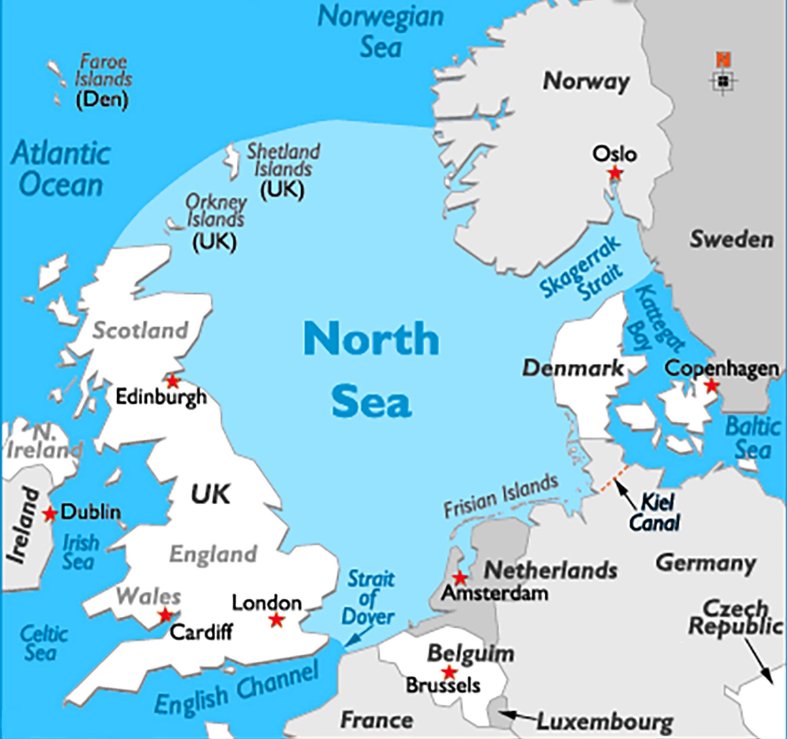ECONOMIC AND FINANCIAL DIALOGUE (EFC)

- India and UK reiterated the commitment to deepen their collaboration on Financial Services, building on each other’s strengths and supporting mutual aspirations towards financial inclusion and sustainable development
- The focus of the dialogue was also towards enhancement of the knowledge exchange, cooperation and support between India and UK to further the infrastructure development priorities, robust FinTech partnership and Sustainable Finance towards long-term growth objectives
- Both sides also deliberated on enhancing mutual cooperation on macroeconomic and multilateral issues
- The Dialogue concluded with the adoption of the Joint Statement by Union Finance Minister of India and Chancellor of Exchequer of United Kingdom
The Economic and Financial Dialogue (EFD) is a high-level forum between two countries to discuss and collaborate on economic and financial matters of mutual interest.
It is a bilateral dialogue, which means that it is held between two countries only.
The EFD can be held between any two countries, but it is most commonly held between countries that have strong economic ties or that are working together on a particular economic or financial issue.
The EFD is typically held once a year, but it can be held more or less frequently depending on the needs of the two countries.
The dialogue is usually held at the level of the finance ministers or central bank governors of the two countries.
However, it can also be held at a lower level, such as the level of deputy ministers or senior officials.
The EFD typically covers a wide range of economic and financial issues, such as:
- Trade and investment
- Financial regulation
- Monetary policy
- Fiscal policy
- Infrastructure development
- Sustainable finance
- Climate change
- The India-UK Economic and Financial Dialogue (EFD) is a high-level forum between India and the UK to discuss and collaborate on economic and financial matters of mutual interest.
- It was established in 2005, in pursuance of the proposals set out in the India-UK Joint Declaration signed by the Prime Ministers of India and the UK in September 2004.
- The EFD is typically held once a year, but it can be held more or less frequently depending on the needs of the two countries.
- The dialogue is usually held at the level of the finance ministers or central bank governors of the two countries.
- However, it can also be held at a lower level, such as the level of deputy ministers or senior officials.
- The EFD has been a successful forum for India and the UK to build trust and cooperation, and to work together to address common challenges.
- It has helped to improve trade and investment between the two countries, strengthen financial regulation and cooperation, coordinate monetary and fiscal policies, promote infrastructure development, and address climate change and other sustainable development challenges
- The two sides also agreed to work together to strengthen the financial and economic relationship between India and the UK.
- They committed to furthering cooperation on financial services, sustainable finance, and infrastructure development. They also agreed to hold the next EFD in India in 2024
|
For prelims: FTA, Economic and Financial Dialogue (EFC), Bilateral Agreements
For Mains: 1.Discuss the objectives and significance of the India-UK Economic and Financial Dialogue (EFD) in strengthening bilateral economic ties. How does it contribute to the broader economic partnership between the two nations? (15 marks)
2.India and the United Kingdom share a strong interest in financial services and technology. Elaborate on the discussions and agreements related to financial services and fintech collaboration during the India-UK Economic and Financial Dialogue (EFD). How does this benefit both nations? (15 marks)
|
|
Previous Year Questions
1. Consider the following Countries (UPSC CSE 2018)
1. Australia 2. Canada 3.China 4. India 5. Japan 6. USA
Which of the above are among the free trade partners of ASEAN?
A. 1, 2, 4, 5
B. 3, 4, 5, 6
C. 1, 3, 4, 5
D. 2, 3, 4, 6
Answer (C)
|




